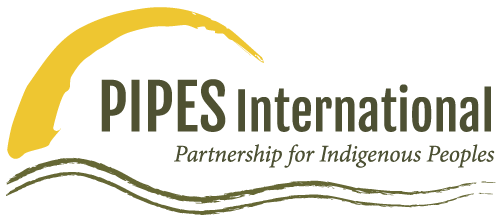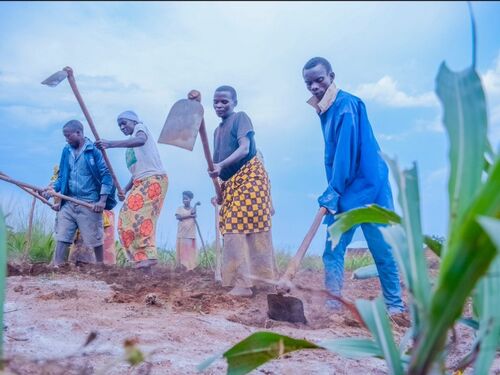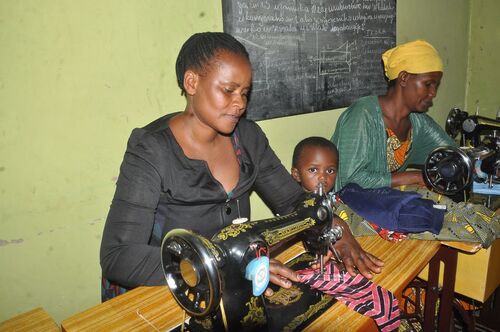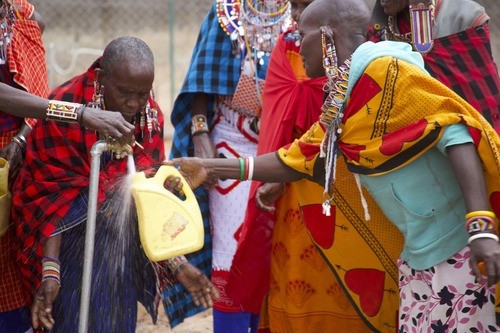We create income-generating pathways for indigenous and vulnerable groups
PIPES International exercises compassion and facilitates those in a place of economic privilege to exercise compassion towards the vulnerable through financial support. We train and equip local leaders and churches with the necessary tools to enable them to take action and transform their communities. We empower and train communities to lift themselves out of poverty and start to create wealth.




